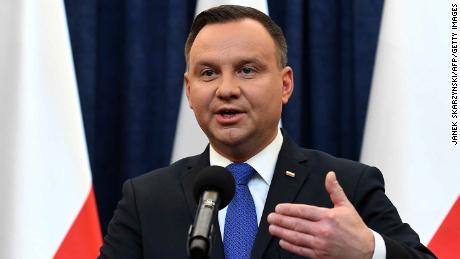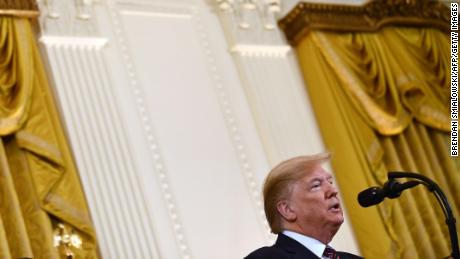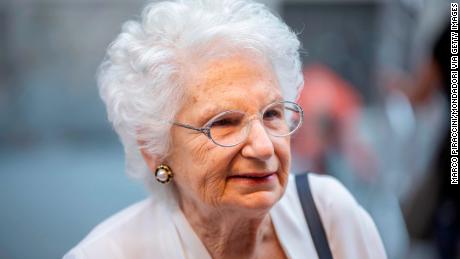With concern about rising anti-Semitism around the world — from attacks in Pittsburgh, San Diego, Monsey, and Jersey City, to a declaration by the German city of Dresden of an emergency around the re-emergence of Nazi ideology — this issue is front and center — made more urgent by the sense that some concrete measures need to be taken.Israeli officials say it will be an important step to have so many world leaders speaking with one voice in one place denouncing racism and anti-Semitism. And they are expressing the hope that more countries will accept the definition of anti-Semitism authored by the International Holocaust Remembrance Alliance (IHRA) — an 11-point definition adopted by 19 countries around the world.But while Israeli officials say it will be the biggest international political event in the country's history — and point to the attendance of Vladimir Putin, Emmanuel Macron and Prince Charles, among many others, to support that claim — two world leaders in particular will be notable by their absence.One is Poland's President Andrzej Duda, who declined his invitation after he was told he could not make a speech at the forum's main event, to be held Thursday at Yad Vashem, Israel's national Holocaust remembrance site. Given that Auschwitz was located in Nazi-occupied Poland, and that more Polish Jews were killed in the Holocaust than Jews from any other nation, Duda felt he should be speaking. "The inability to speak in regard to this matter is against the interests of [Poland]," Duda said in a televised speech earlier this month.


Leaders are gathering in Jerusalem for the Auschwitz anniversary. Poland’s president won’t be there


